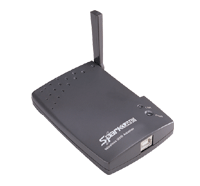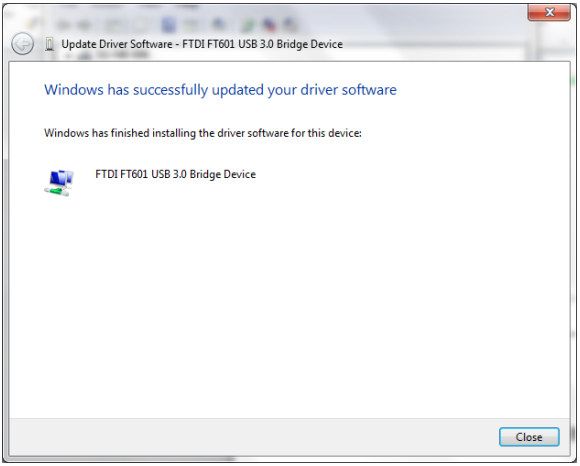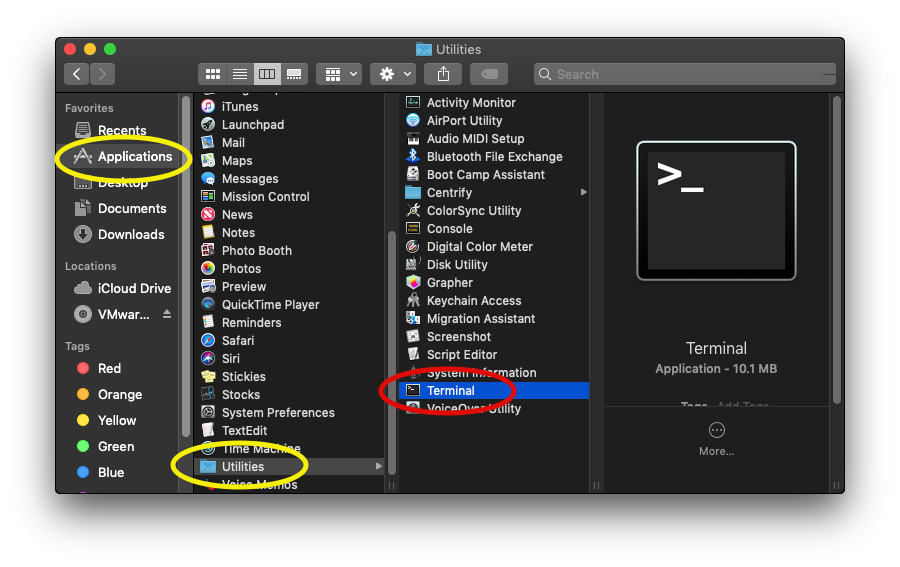- Download Standard Microsystems Usb Devices Driver Windows 7
- Download Standard Microsystems Usb Devices Driver Updater
Download SMSC USB Floppy for Windows to uSB driver. Download SMSC USB Floppy for Windows to uSB driver. By Standard Microsystems Corporation Free. Download; Ads by Google. Standard microsystems corp Network Drivers » Scan Computer for standard microsystems corp Driver Updates. 3-D Reach Wireless Device Driver Installation: 802.11n USB Wireless LAN Card: Asus Ralink USB-G31 Wireless LAN v1.0.1.11.
This topics in this section describe the class drivers, generic client driver, and the parent composite driver that are provided by Microsoft.
Microsoft-provided USB drivers for controllers and hubs

Microsoft provides these set of drivers:
- For USB host controllers and hubs. For more information, see USB host-side drivers in Windows. You can develop a custom host controller driver that communicates with the USB host controller extension (UCX) driver. For more information, see Developing Windows drivers for USB host controllers.
- For handling common function logic for USB devices. For more information, see USB device-side drivers in Windows.
- For supporting Type-C connectors. For more information, see USB connector manager class extension (UcmCx).
Other Microsoft-provided USB drivers
| Device setup class | Microsoft-provided driver and INF | Windows support | Description |
|---|---|---|---|
| USB | Usbccgp.sys Usb.inf | Windows 8.1 Windows 8 Windows 7 Windows Vista Windows XP | Usbccgp.sys is a parent driver for composite devices that supports multiple functions. For more information, see USB Generic Parent Driver (Usbccgp.sys). |
| Biometric | WudfUsbBID.dll WudfUsbBIDAdvanced.inf | Windows 8.1 Windows 8 | Microsoft supports USB biometric devices (fingerprint readers) by providing the Windows Biometric Framework. See the Windows Biometric Framework. |
| Media Transfer Protocol Devices | Wpdusb.sys (Obsolete) | Windows Server 2008 Windows Vista Windows Server 2003 Windows XP | Note Starting in Windows 7, Microsoft has replaced the kernel mode component of the Windows Vista USB driver stack (Wpdusb.sys) for Windows Portable Devices (WPD) with the generic Winusb.sys. Microsoft provides the Wpdusb.sys driver to manage portable devices that support the Media Transfer Protocol. See WPD Design Guide. |
| USBDevice | Winusb.sys Winusb.inf | Windows 8.1 Windows 8 Windows 7 Windows Vista Windows XP with Service Pack 2 (SP2) | Winusb.sys can be used as the USB device's function driver instead of implementing a driver. See WinUSB. |
Microsoft-provided USB device class drivers
Microsoft provides drivers for several USB device classes approved by USB-IF. These drivers and their installation files are included in Windows. They are available in the WindowsSystem32DriverStoreFileRepository folder.
See, USB device class drivers included in Windows.
Related topics
Universal Serial Bus (USB)
USB Driver Development Guide Vsm group ab usb devices driver.
This article helps to fix an issue in which Windows 10 doesn't install specific drivers for USB audio devices on the first connection.
Original product version: Windows 10, version 1703
Original KB number: 4021854
Symptom
When you connect a USB audio device to a Windows 10 Version 1703-based computer the first time, the operating system detects the device but loads the standard USB audio 2.0 driver (usbaudio2.sys) instead of the specific device driver.
Cause
This issue occurs because the USB audio 2.0 driver (usbaudio2.sys) isn't classified as a generic driver in Windows 10 Version 1703. Therefore, the system assumes that a compatible, nongeneric driver is installed for the device even though the driver is generic.
This issue also causes Windows 10 Version 1703 to postpone the search for other compatible drivers through Windows Update that typically occurs immediately after you install a new device.
Resolution
To fix this issue, use one of the following methods.
Method 1
To resolve this issue, install update 4022716.

Method 2
If the device-specific driver is distributed through Windows Update, you can manually update the driver by using Device Manager. For more information about how to do this, see update drivers in Windows 10.
Method 3

If the device is not yet connected, first install the device-specific driver, such as by using the appropriate installer. After the device-specific driver is installed, Windows 10 will select that driver instead of the standard USB audio 2.0 driver when you first connect the device.
Sony Port Devices driver. Note

Microsoft provides these set of drivers:
- For USB host controllers and hubs. For more information, see USB host-side drivers in Windows. You can develop a custom host controller driver that communicates with the USB host controller extension (UCX) driver. For more information, see Developing Windows drivers for USB host controllers.
- For handling common function logic for USB devices. For more information, see USB device-side drivers in Windows.
- For supporting Type-C connectors. For more information, see USB connector manager class extension (UcmCx).
Other Microsoft-provided USB drivers
| Device setup class | Microsoft-provided driver and INF | Windows support | Description |
|---|---|---|---|
| USB | Usbccgp.sys Usb.inf | Windows 8.1 Windows 8 Windows 7 Windows Vista Windows XP | Usbccgp.sys is a parent driver for composite devices that supports multiple functions. For more information, see USB Generic Parent Driver (Usbccgp.sys). |
| Biometric | WudfUsbBID.dll WudfUsbBIDAdvanced.inf | Windows 8.1 Windows 8 | Microsoft supports USB biometric devices (fingerprint readers) by providing the Windows Biometric Framework. See the Windows Biometric Framework. |
| Media Transfer Protocol Devices | Wpdusb.sys (Obsolete) | Windows Server 2008 Windows Vista Windows Server 2003 Windows XP | Note Starting in Windows 7, Microsoft has replaced the kernel mode component of the Windows Vista USB driver stack (Wpdusb.sys) for Windows Portable Devices (WPD) with the generic Winusb.sys. Microsoft provides the Wpdusb.sys driver to manage portable devices that support the Media Transfer Protocol. See WPD Design Guide. |
| USBDevice | Winusb.sys Winusb.inf | Windows 8.1 Windows 8 Windows 7 Windows Vista Windows XP with Service Pack 2 (SP2) | Winusb.sys can be used as the USB device's function driver instead of implementing a driver. See WinUSB. |
Microsoft-provided USB device class drivers
Microsoft provides drivers for several USB device classes approved by USB-IF. These drivers and their installation files are included in Windows. They are available in the WindowsSystem32DriverStoreFileRepository folder.
See, USB device class drivers included in Windows.
Related topics
Universal Serial Bus (USB)
USB Driver Development Guide Vsm group ab usb devices driver.
This article helps to fix an issue in which Windows 10 doesn't install specific drivers for USB audio devices on the first connection.
Original product version: Windows 10, version 1703
Original KB number: 4021854
Symptom
When you connect a USB audio device to a Windows 10 Version 1703-based computer the first time, the operating system detects the device but loads the standard USB audio 2.0 driver (usbaudio2.sys) instead of the specific device driver.
Cause
This issue occurs because the USB audio 2.0 driver (usbaudio2.sys) isn't classified as a generic driver in Windows 10 Version 1703. Therefore, the system assumes that a compatible, nongeneric driver is installed for the device even though the driver is generic.
This issue also causes Windows 10 Version 1703 to postpone the search for other compatible drivers through Windows Update that typically occurs immediately after you install a new device.
Resolution
To fix this issue, use one of the following methods.
Method 1
To resolve this issue, install update 4022716.
Method 2
If the device-specific driver is distributed through Windows Update, you can manually update the driver by using Device Manager. For more information about how to do this, see update drivers in Windows 10.
Method 3
If the device is not yet connected, first install the device-specific driver, such as by using the appropriate installer. After the device-specific driver is installed, Windows 10 will select that driver instead of the standard USB audio 2.0 driver when you first connect the device.
Sony Port Devices driver. Note
See the device manufacturer's user guide for specific instructions about how to install the driver.
Method 4
Download Standard Microsystems Usb Devices Driver Windows 7
If the driver isn't distributed through Windows Update, you can manually reinstall the driver. To do this, follow these steps:
- Install the device-specific driver (see Method 2).
- Open Device Manager.
- Right-click (or tap and hold) the name of the device, and then select Uninstall.
- Restart the computer.
Download Standard Microsystems Usb Devices Driver Updater
When it restarts, Windows will try to reinstall the device by using the device-specific driver.
